THE DEFINITIVE GUIDE FOR THE TREATMENT OF HYPOTHYROIDISM
WHAT IS HYPOTHYROIDISM?
Hypothyroidism is a condition in which the thyroid gland is underactive and does not produce the required amount of thyroid hormones. The thyroid gland is a butterfly-shaped gland that lies in front of the neck. The hormones produced by the thyroid gland are T3 & T4 which have an impact on the metabolism as they control vital functions of the body such as temperature and heart rate.
The hormones produced by the thyroid gland are responsible for providing energy to almost every organ in the body and control functions like heartbeat, digestion, etc. Thus when the thyroid gland stops working at optimum level then functions of the body begin to slow down.
Hypothyroidism is a very common condition affecting mostly women. In fact, 1 out of 8 women develops underactive thyroid as they age.
WHAT ARE THE RISK FACTORS FOR HYPOTHYROIDISM?
- AGE: hypothyroidism usually occurs with growing age.
- GENDER: females are more prone to the development of hypothyroidism.
- FAMILY HISTORY: if you have a family history of hypothyroidism then there are more chances of development of hypothyroidism. If you have any autoimmune disorder running in your family then also there are chances to develop hypothyroidism.
- OTHER AUTOIMMUNE DISORDER: if you have any autoimmune disease then you are more prone to the development of another autoimmune disease also.
- CERTAIN MEDICATION: antithyroid medicines can cause an underactive thyroid.
- PREGNANCY: during pregnancy, you can develop hypothyroidism.
- SURGERY: partial removal of a part of the thyroid gland due to certain causes can cause the development of hypothyroidism.
- RADIATION THERAPY: Radiation therapy to the upper chest or neck portion can also affect the thyroid gland and can compromise its functions.
WHAT ARE THE POSSIBLE CAUSES FOR HYPOTHYROIDISM?
Hypothyroidism may be caused due to a number of factors:
- AUTOIMMUNE DISEASE: Hashimoto’s thyroiditis is an autoimmune disorder in which the thyroid gland is attacked by the immune system and antibodies are produced against the thyroid tissues.
- HYPERTHYROIDISM TREATMENT: when the treatment for hyperthyroidism is overdone then hypothyroidism may occur.
- THYROID SURGERY: removing a part of the thyroid can diminish its hormone production.
- RADIATION THERAPY: used for treating cancers in the head and neck can affect the thyroid gland as well and can lead to hypothyroidism
- CERTAIN MEDICINES: such as lithium can cause hypothyroidism
- CONGENITAL DISEASES: sometimes babies are born with a defective thyroid gland or sometimes no thyroid gland.
- IODINE DEFICIENCY: iodine is essential for the production of thyroid hormones. So due to deficiency of iodine leads to hypothyroidism.
- PREGNANCY: some women develop hypothyroidism during or after pregnancy.
WHAT ARE THE SIGNS AND SYMPTOMS OF HYPOTHYROIDISM?
The signs and symptoms of hypothyroidism depend on the level of deficiency of the hormones. Symptoms often take time to develop, often over a number of years.
SIGNS AND SYMPTOMS OF HYPOTHYROIDISM INCLUDE:
- Increased sensitivity to cold
- Fatigue
- Constipation
- Dryness of the skin
- Weight gain
- Puffiness of face
- Hoarseness of voice
- Muscular weakness, aches, and stiffness
- Pain and stiffness of joints, swelling may also be seen
- Irregular menstrual cycle or heavy bleeding
- High cholesterol
- Thinning of hair
- Palpitations
- Weakness of memory
- Depression
- Enlarged thyroid gland
WHAT ARE THE POSSIBLE COMPLICATIONS OF HYPOTHYROIDISM?
- GOITER: goiter is a condition in which the size of the thyroid gland increases more than the normal size. This occurs due to constant stimulation of the thyroid gland to release more hormones as the thyroid is underactive.
- DEPRESSION: due to lack of hormones depression may occur which increases over time. Mental functions may also slow down due to underactive thyroid gland.
- HEART PROBLEMS: there is an increased risk of the development of heart diseases as thyroid hormones regulate the functions of the heart. In hypothyroidism, there is a high risk of the development of heart diseases and heart failure due to an increase in levels of LDL (low-density lipoprotein) also known as bad cholesterol. Hypothyroidism results in decreased cardiac output increased vascular resistance and atherosclerosis.
- INFERTILITY: due to low levels of thyroid hormone, there is interference with the release of eggs.
- MYXEDEMA is a condition that can be life-threatening if hypothyroidism stays undiagnosed for a long time. Myxedema has symptoms of intense cold intolerance, drowsiness, lethargy, and sometimes unconsciousness.
- PERIPHERAL NEUROPATHY: uncontrolled hypothyroidism can damage nerves of arms and legs which causes pain, numbness, and tingling.
- BIRTH DEFECTS: if mothers have uncontrolled hypothyroidism then the fetus can develop birth defects.
HOW TO DIAGNOSE HYPOTHYROIDISM?
There are two tools for determining whether you have hypothyroidism or not.
- PHYSICAL EVALUATION OF SYMPTOMS: A complete medical history with physical examination is necessary for determining hypothyroidism. Symptoms narrated by the patient may include dry skin, depression, fatigue, constipation, and cold sensitivity. On examination, there might be swelling in the neck area, slow reflexes, and lower heart rate.
A FAMILY HISTORY OF ANY THYROID DISORDER ALSO ADDS TO THE DIAGNOSIS.
- BLOOD TESTS: Blood tests for Thyroid profile confirms the diagnosis. Tsh, T3, and T4 are checked for their levels in the body.
ANTI- TPO IS ALSO MANDATORY TO RULE OUT AUTOIMMUNE (HASHIMOTO'S) THYROIDITIS.
HOW IS A CASE OF HYPOTHYROIDISM TREATED CONVENTIONALLY?
An artificial substitute of T4 is given to the patients in the conventional treatment method. Conventionally hypothyroidism is taken as a lifelong condition and levothyroxine is administered with dosage depending on the severity of the symptoms.
WHAT HAPPENS IF A CASE OF HYPOTHYROIDISM IS LEFT UNTREATED?
Hypothyroidism can become a serious condition if left untreated as symptoms become more severe with time. The mental symptoms become more severe with time along with troubled breathing. If hypothyroidism is not treated then goiter may develop as the thyroid gland increases in size because of overstimulation.
The heart functions are also compromised because of a lack of thyroid hormones and the patient is not able to maintain body temperature properly.
The situation can turn out to be fatal if myxedema develops.
WHAT ARE THE DIETARY RECOMMENDATIONS FOR PATIENTS SUFFERING FROM HYPOTHYROIDISM?
There are few dietary recommendations that a patient with hypothyroidism can follow to manage his/her symptoms.
- Take a diet rich in iodine as iodine helps in maintaining good thyroid function. Food items rich in iodine are- seaweed, codfish, dairy items (curd, milk), iodized salt, shrimp, tuna, eggs, prunes, and beans.
- Avoid iodine supplements.
- Eat a balanced diet that includes whole grains, lean protein, colorful fruits, and fresh vegetables.
- Limit soy intake as soy hinders the absorption of thyroid hormones. Food items that contain soy are- tofu, soybean, soy sauce, and soy milk.
- Eat fiber as per the requirement as fibers are essential for the body but limit thyroid hormone absorption as well. So eat fiber wisely.
HOW HYPOTHYROIDISM CAN AFFECT A PREGNANT WOMAN?
Hypothyroidism can affect pregnancy in many ways. It can cause anemia, miscarriage, low birth weight of the baby, IUGR (growth of the fetus retards), preeclampsia, stillbirths(dead born baby), and birth defects.
10 SIGNS YOU MIGHT BE SUFFERING FROM HYPOTHYROIDISM
1. TIREDNESS: The thyroid gland controls energy balance thus tiredness is the most common sign to go for hypothyroidism (underactive thyroid). The person feels always unrested and wants to sleep all the time.
2. WEIGHT GAIN: Weight gain is also a very common sign for getting your thyroid levels checked. The metabolism slows down and the body doesn't burn calories. The body starts to conserve energy rather than spending it. All this results in weight gain.
3. INTOLERANCE TO COLD: The body produces heat when it burns calories. In cases of an underactive thyroid, the metabolism is very low thus the body stops consumption of calories thus heat production in the body is not there. All this makes the person cold sensitive.
4. BODY ACHES: In hypothyroidism, the body stops the consumption of calories and metabolism slows down. As a result of this catabolism starts in the body which means the body breaks down the muscles for energy. This breakdown of muscles causes weakness and aches.
5. HAIR FALL AND HAIR LOSS: Due to low thyroid hormones the lifespan of the hair follicles gets short and the follicles stop regenerating resulting in hair loss. Furthermore, the hair becomes coarse.
6. ROUGHNESS OF SKIN: Skin is also affected by low thyroid hormones. The turnover of the skin increases rapidly leading to early shedding but the skin takes longer to regrow as the growth signals are low because of low thyroid hormones. Because of all this, the outer lawyer becomes more dry and flaky resulting in itching and dryness.
7. FEELING DEPRESSED AND MOOD SWINGS: Feeling low and depressed is also seen commonly with hypothyroidism.
8. LACK OF CONCENTRATION: Brain fag is a common symptom of hypothyroidism. Concentration is poor and the person also has difficulty memorizing things.
9. CONSTIPATION: Bowel movements are also impacted by low thyroid hormones. The person feels unsatisfactory bowel movements.
10. ISSUES WITH MENSTRUATION: Thyroid hormone interacts with other hormones in the body including the hormones that manage menstrual cycles. The periods can be heavy or irregular or any sort of abnormality can be seen.
HOW TO MANAGE HYPOTHYROIDISM?
Hypothyroidism can be managed well by doing lifestyle changes. The management includes diet, exercise, meditation, thyroid hormone supplementation, and stress management. Alternative treatments have a good scope with the management of hypothyroidism. Homeopathy can manage the issues including the symptoms very well.
Diet includes monitoring what you eat. The person should avoid soy products, should switch to whole grain food items. Iodine-rich food items should be included in the diet and fiber should be eaten wisely.
Physical activity is very important to boost the metabolism as hypothyroidism slows it down. By boosting up the metabolism the body would start burning calories thus helping to lose weight as well.
Stress management is also a great part of the management of hypothyroidism. Stress makes the condition worse so meditation and other stress busters are highly recommended.
Homeopathy is very efficient in taking care of hypothyroidism.
TIPS TO MANAGE WEIGHT IN HYPOTHYROIDISM
Weight gain is one of the major and first issues faced because of underactive thyroid. The body stops using calories and just keeps on storing them. The thyroid gland is meant for all the calorie work thus makes it difficult for the person to lose weight. The person gains weight easily as well which is tough to get rid of. Here are few tips that can help the person to manage the thyroid hormones:
1. STAY ACTIVE: Being physically active is the key to boost up the slow metabolism caused by an underactive thyroid. Regular physical exercise is a must for keeping up and consistency can help you lose weight. High-intensity interval training, cardio, and strength training can help with weight loss.
2. BALANCED DIET: By keeping your diet inclusive of everything can help you get all the nutrients and stay healthy as well. Diet should include lean proteins, whole grains, iodine-rich food items, dairy, seafood, and just required carbs would give you the required nutrition. Limit soy intake and don't take iodine in supplements.
3. MANAGE YOUR STRESS: Stress management is key to health so cut out things that trigger stress in your case and try to do more of the things that help you stay calm and happy. Do meditation and respiratory exercises.
4. HAVE A GOOD SLEEP CYCLE: Sleep plays an important role in keeping thyroid hormones under better working conditions. The sleep cycle should be an uninterrupted sleep of 7-8 hours and you should go to bed early as night watching can make you feel more lethargic the next day.
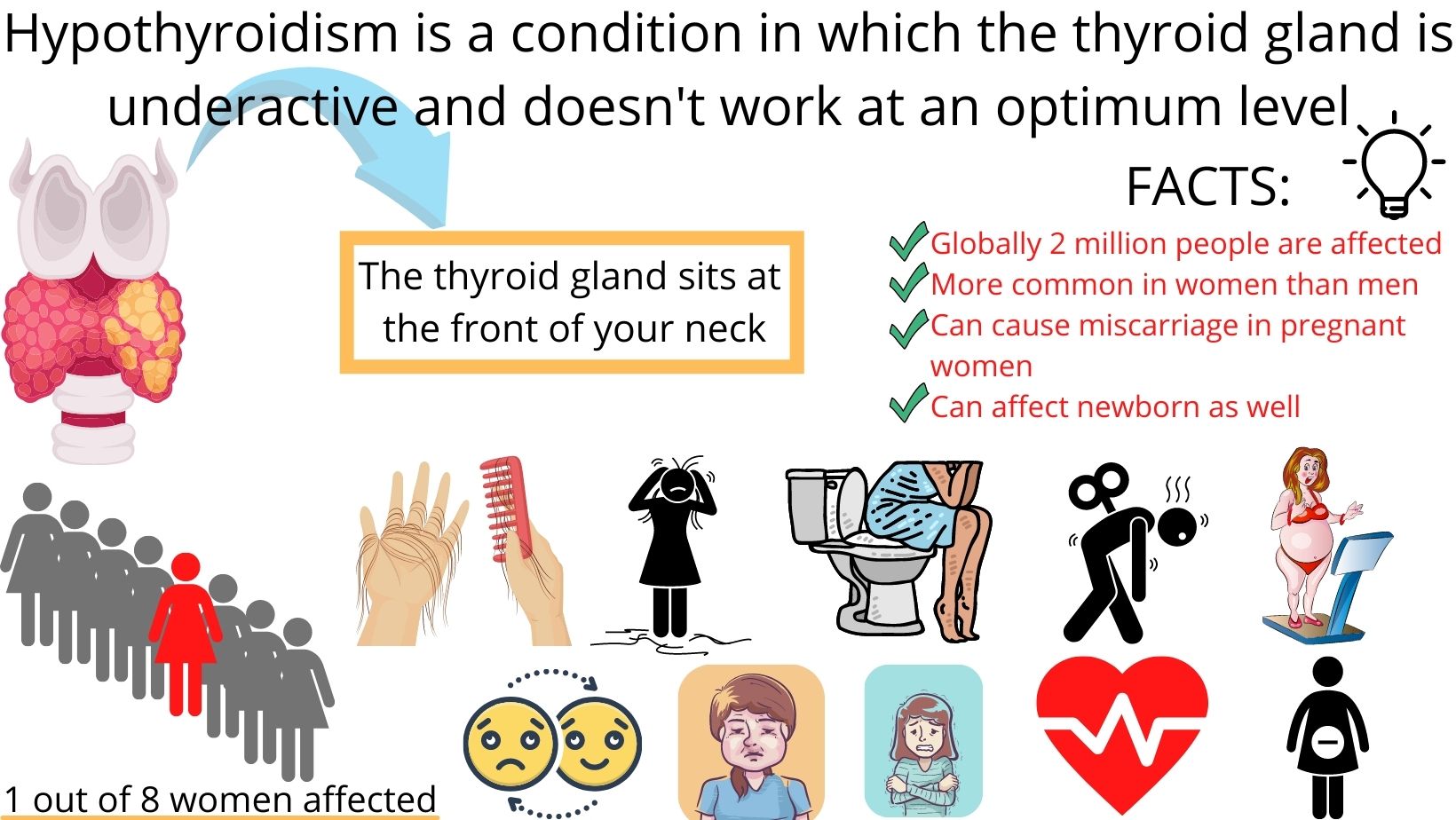
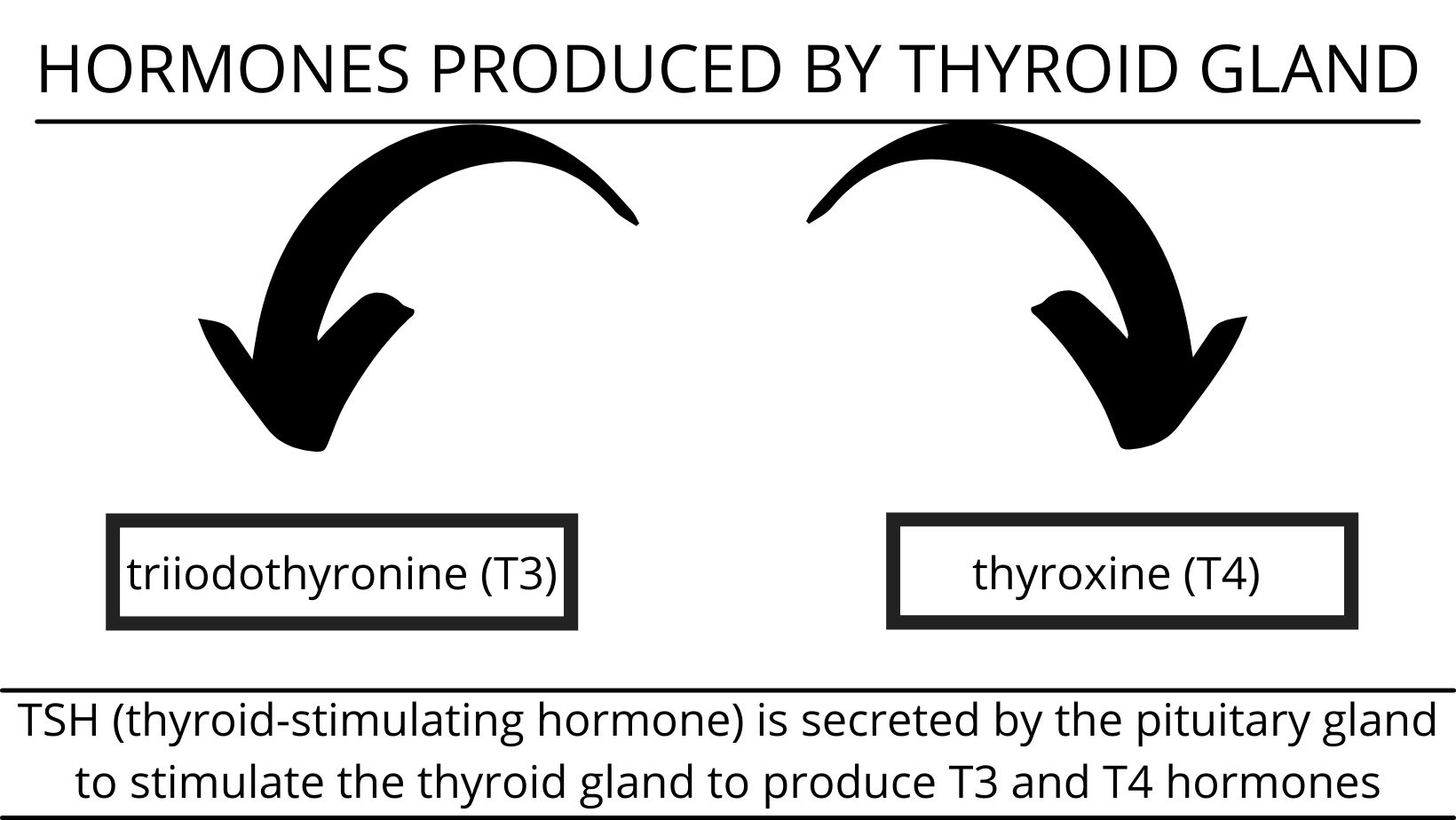
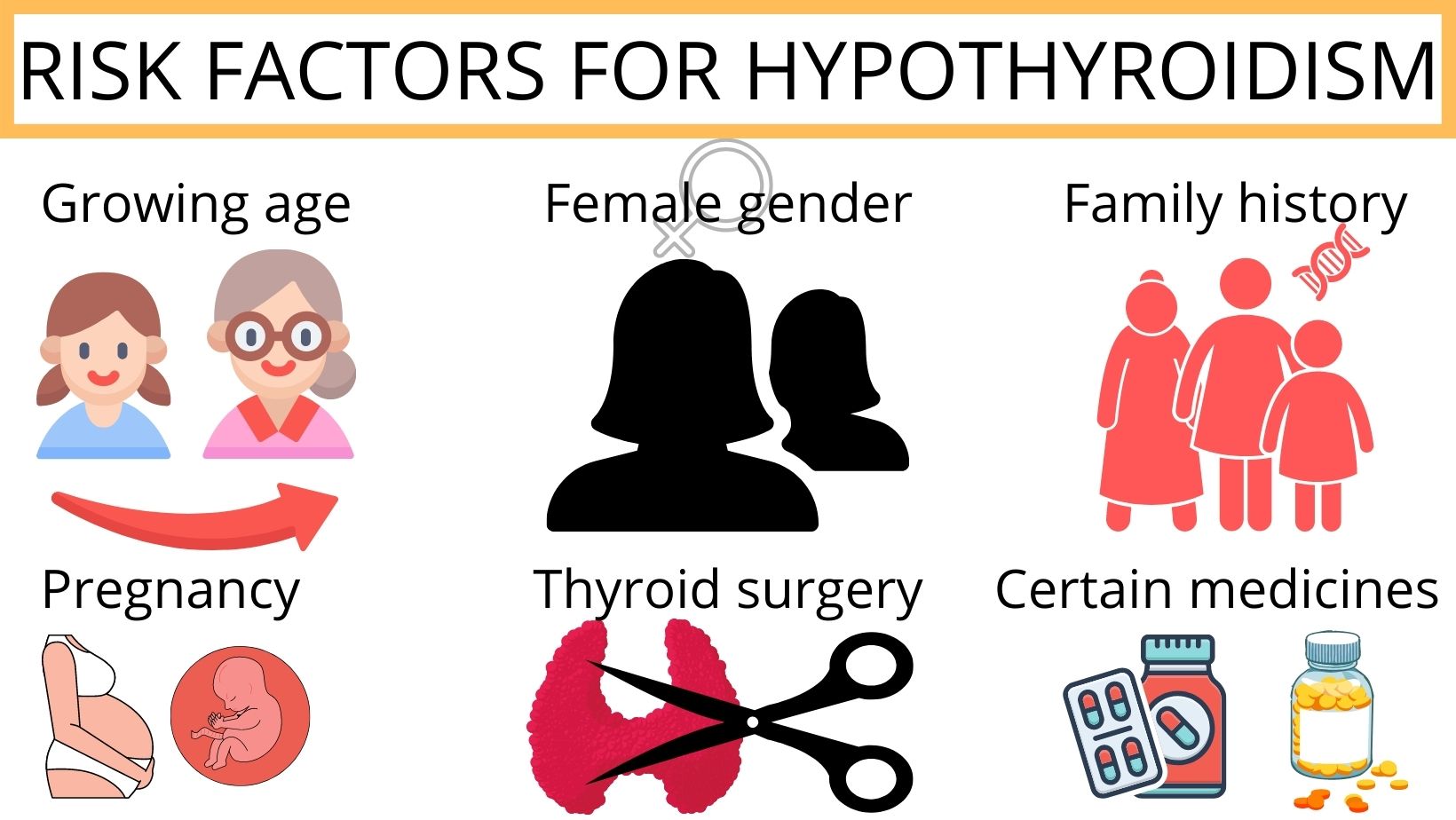
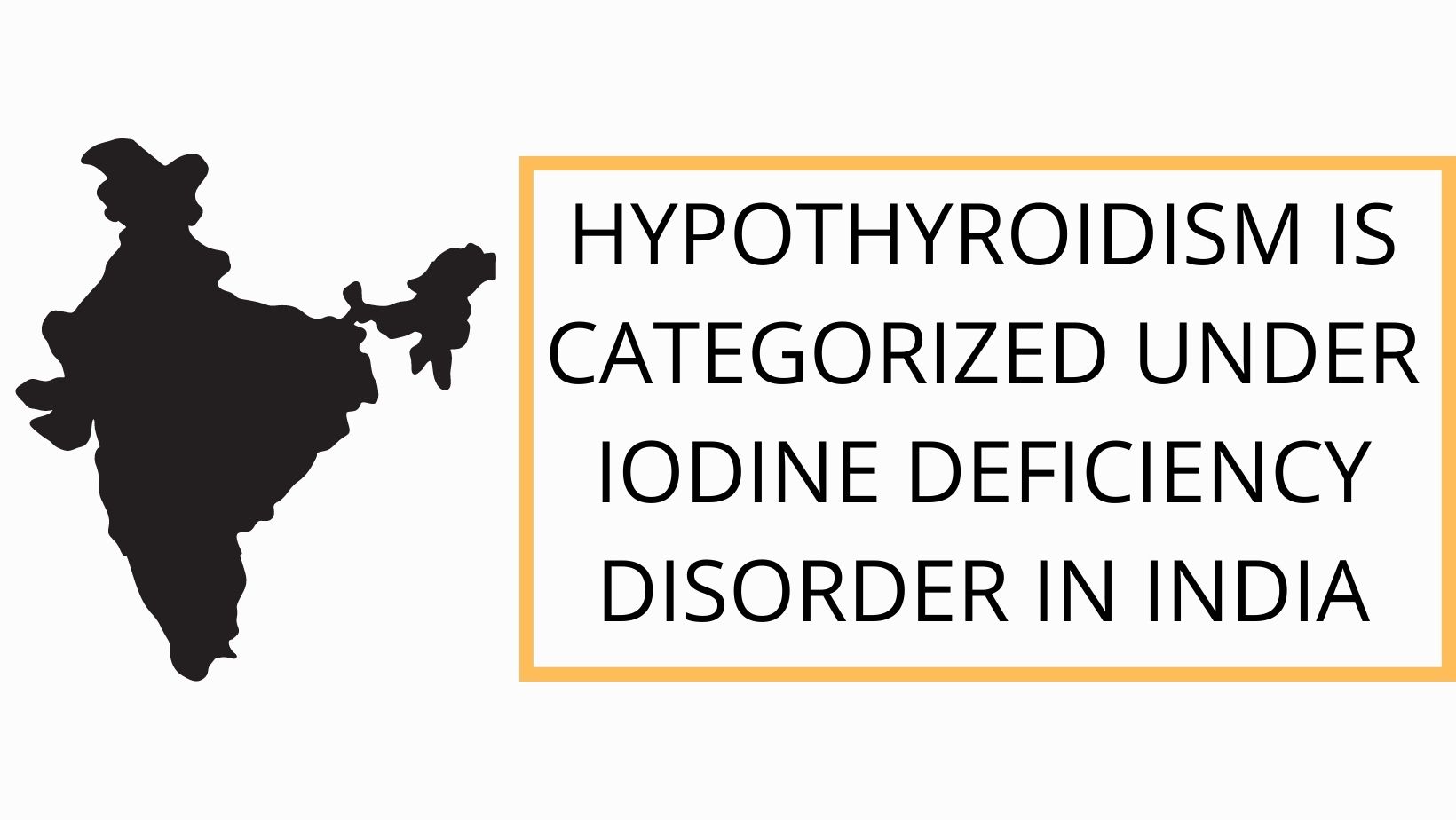
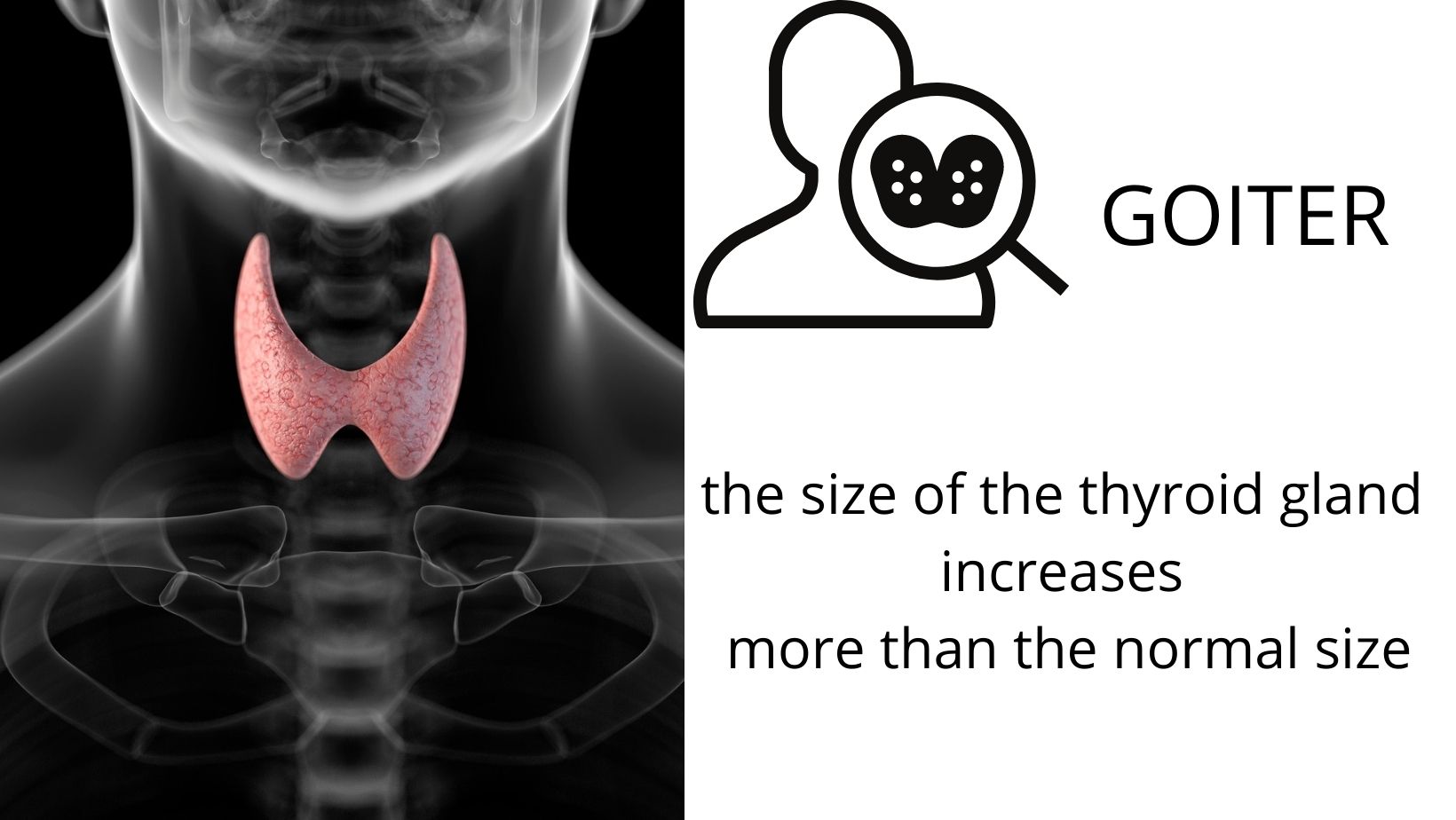
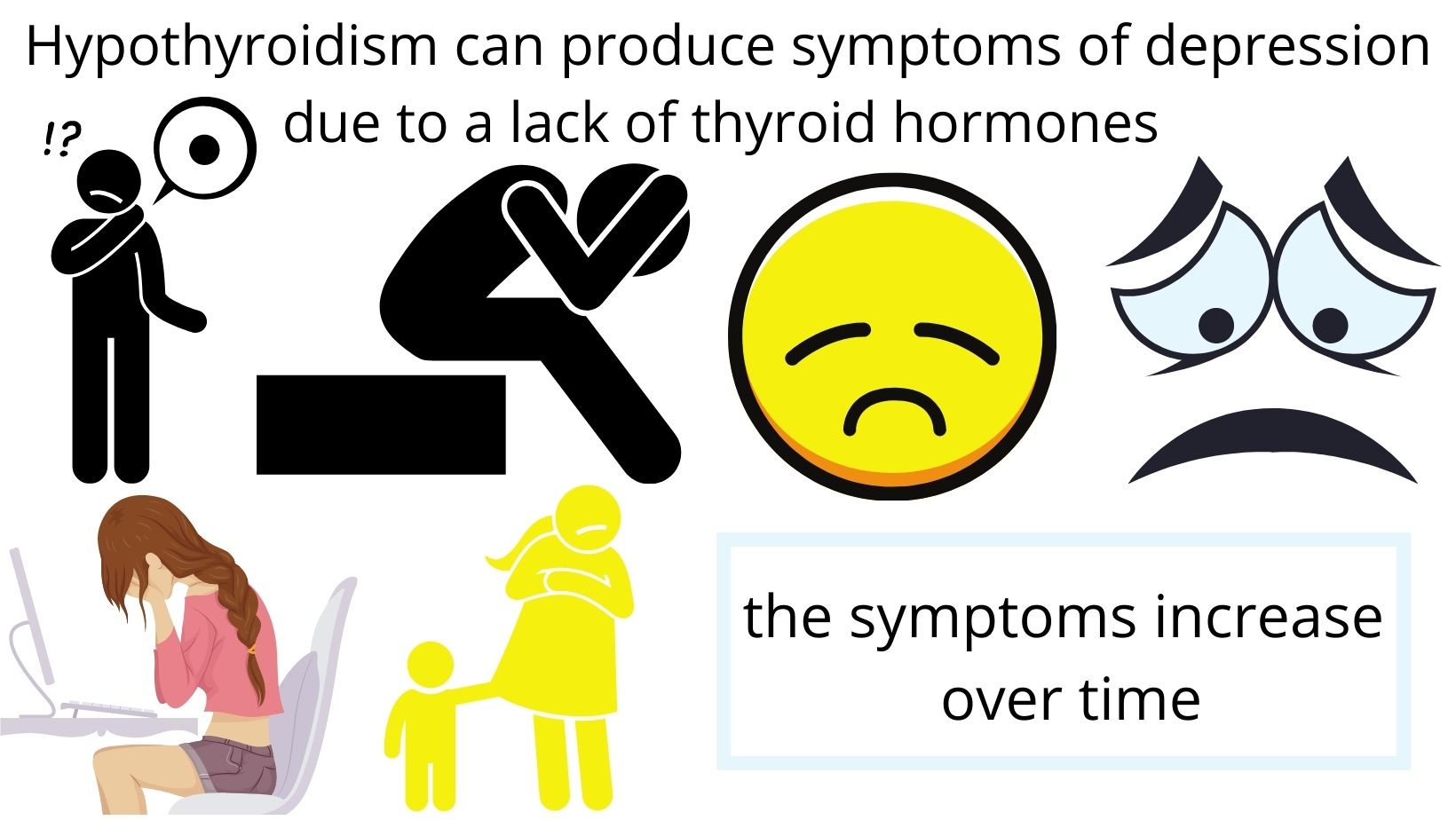
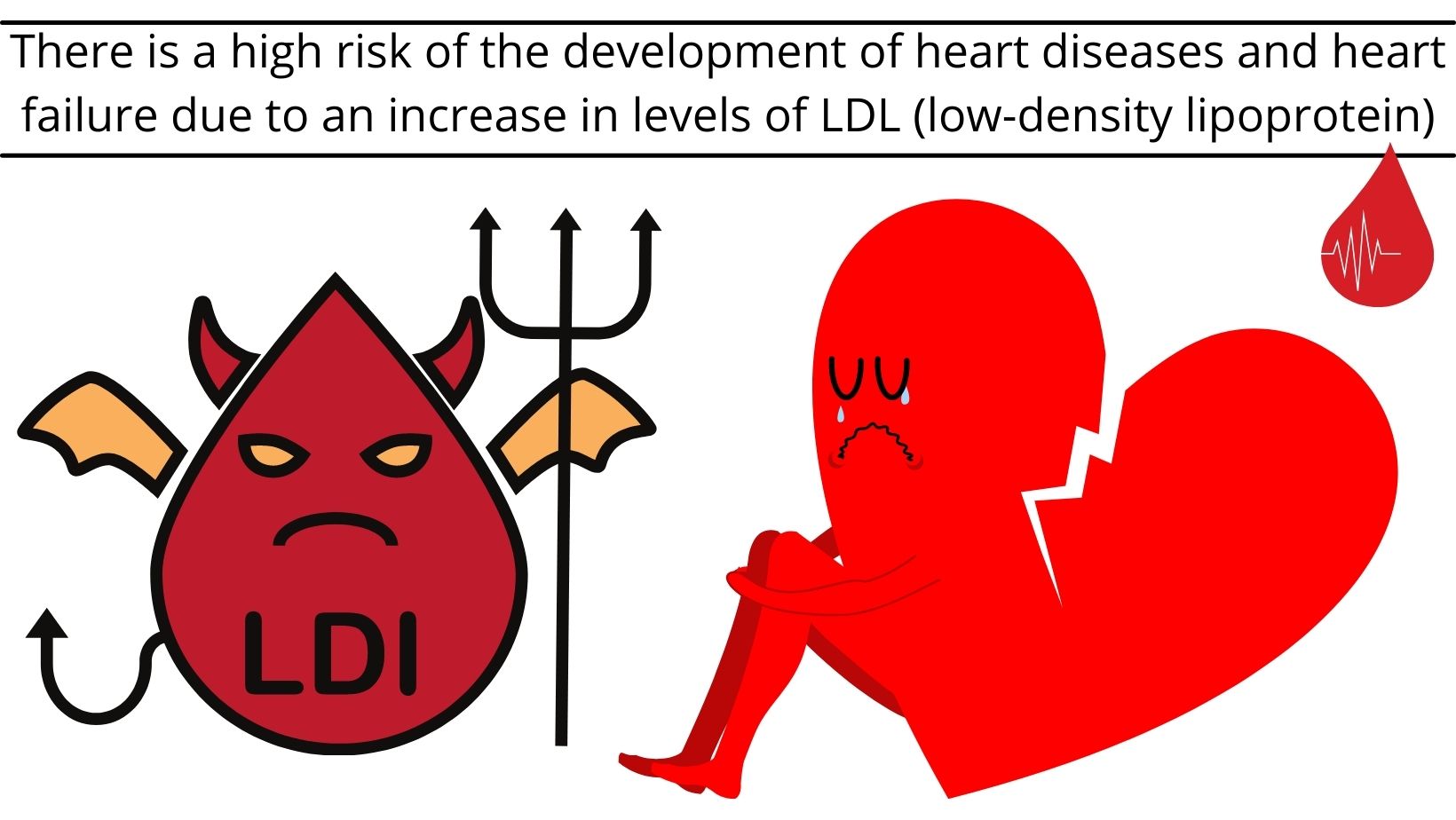
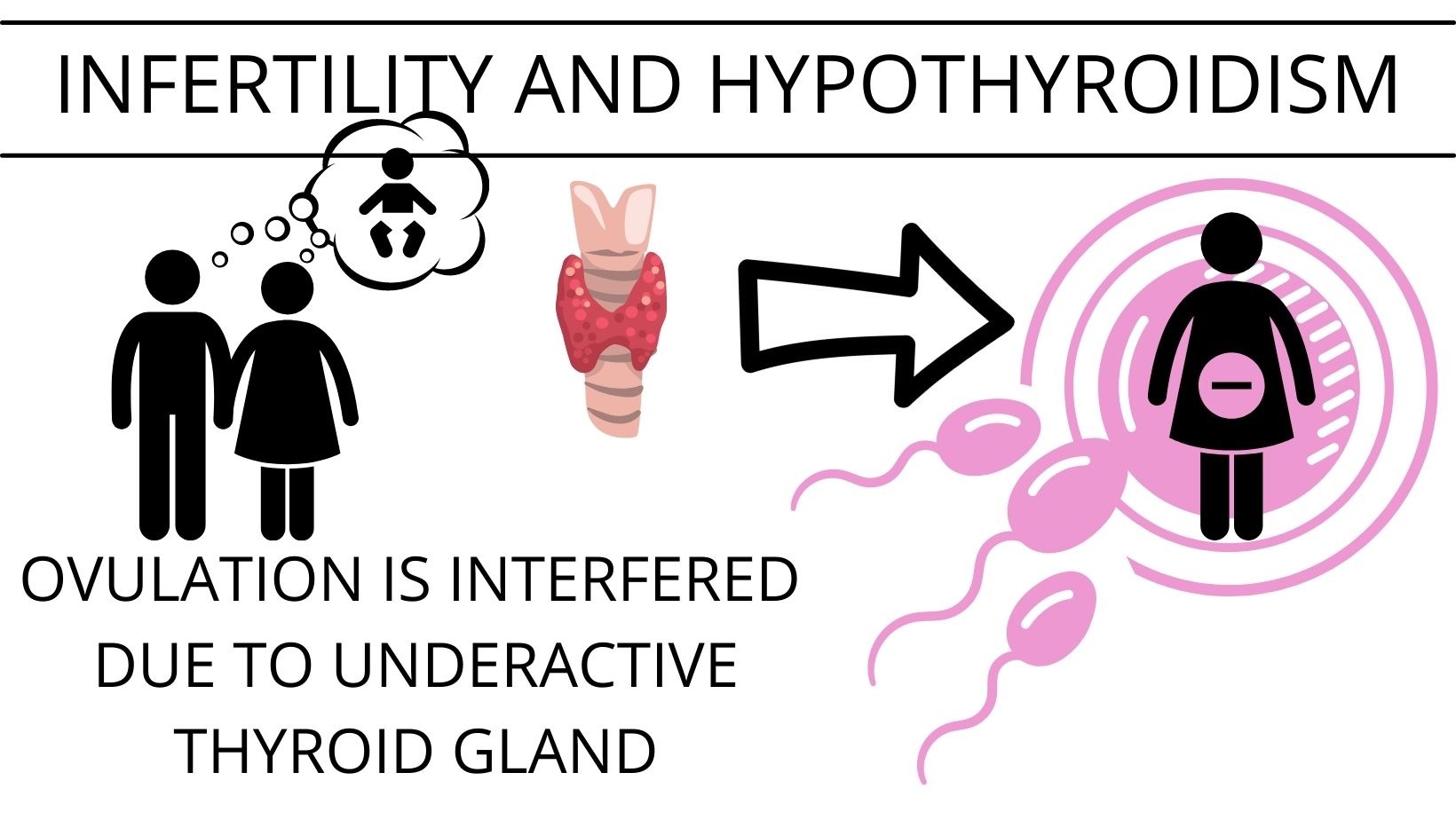
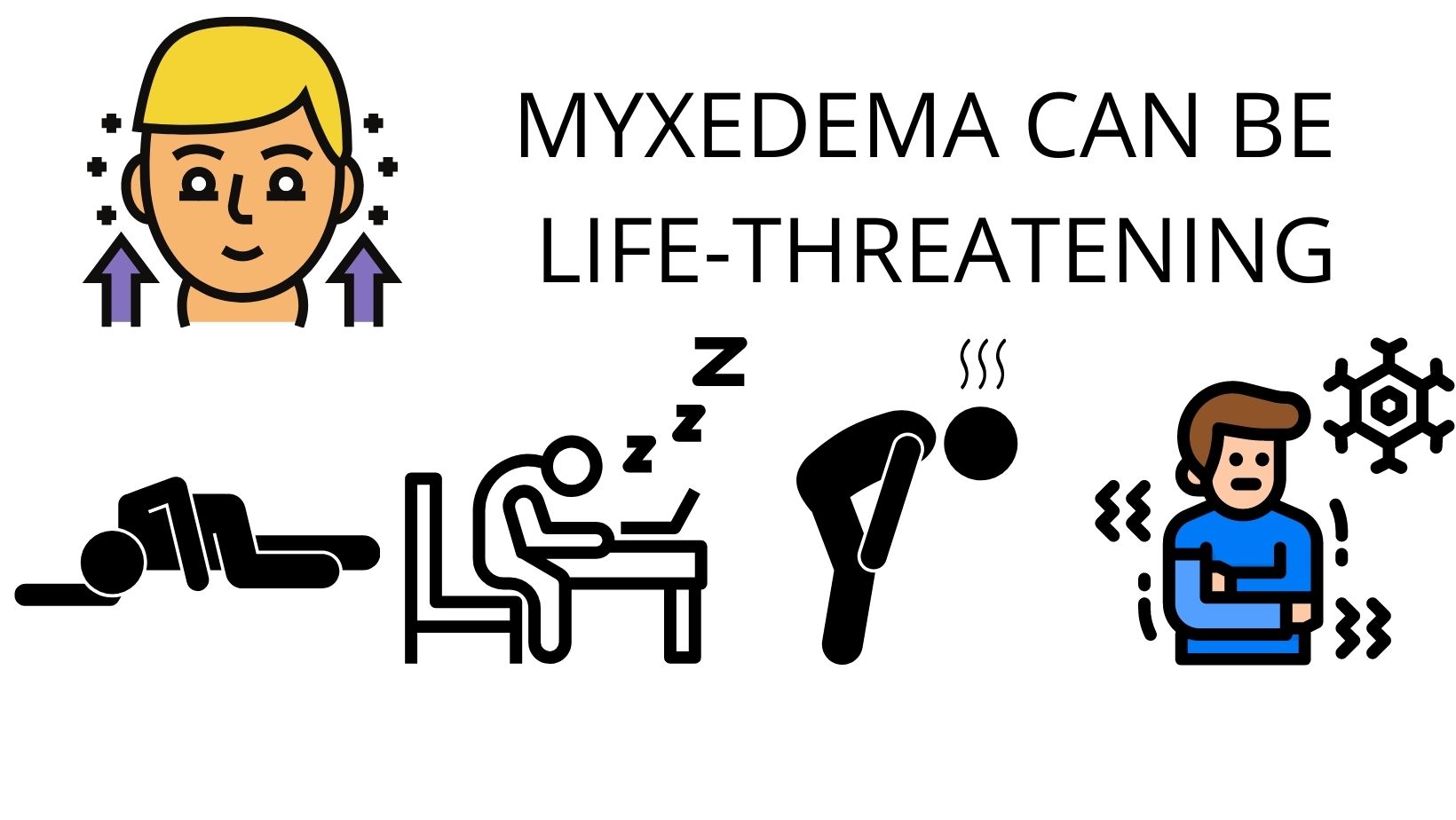
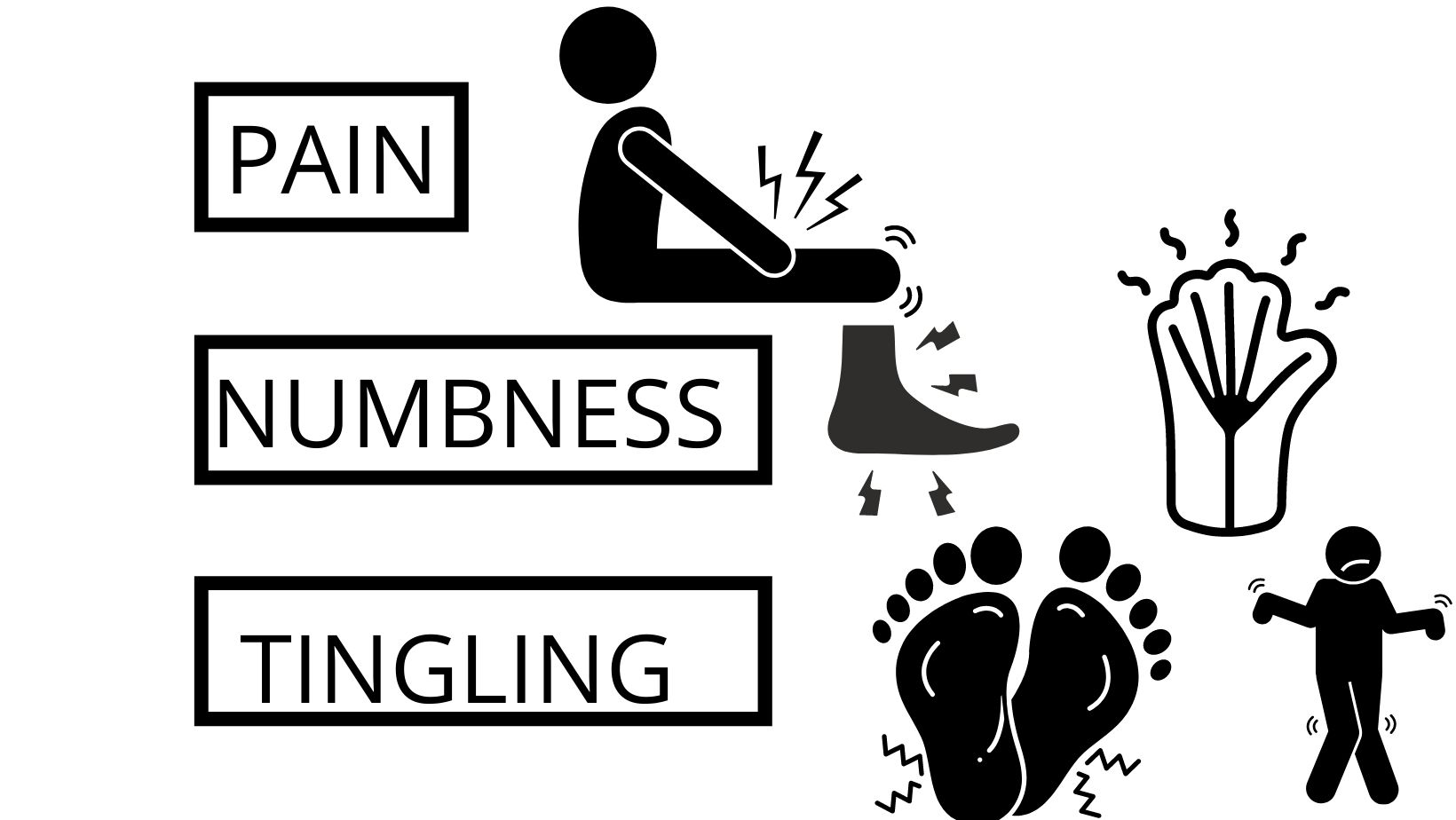
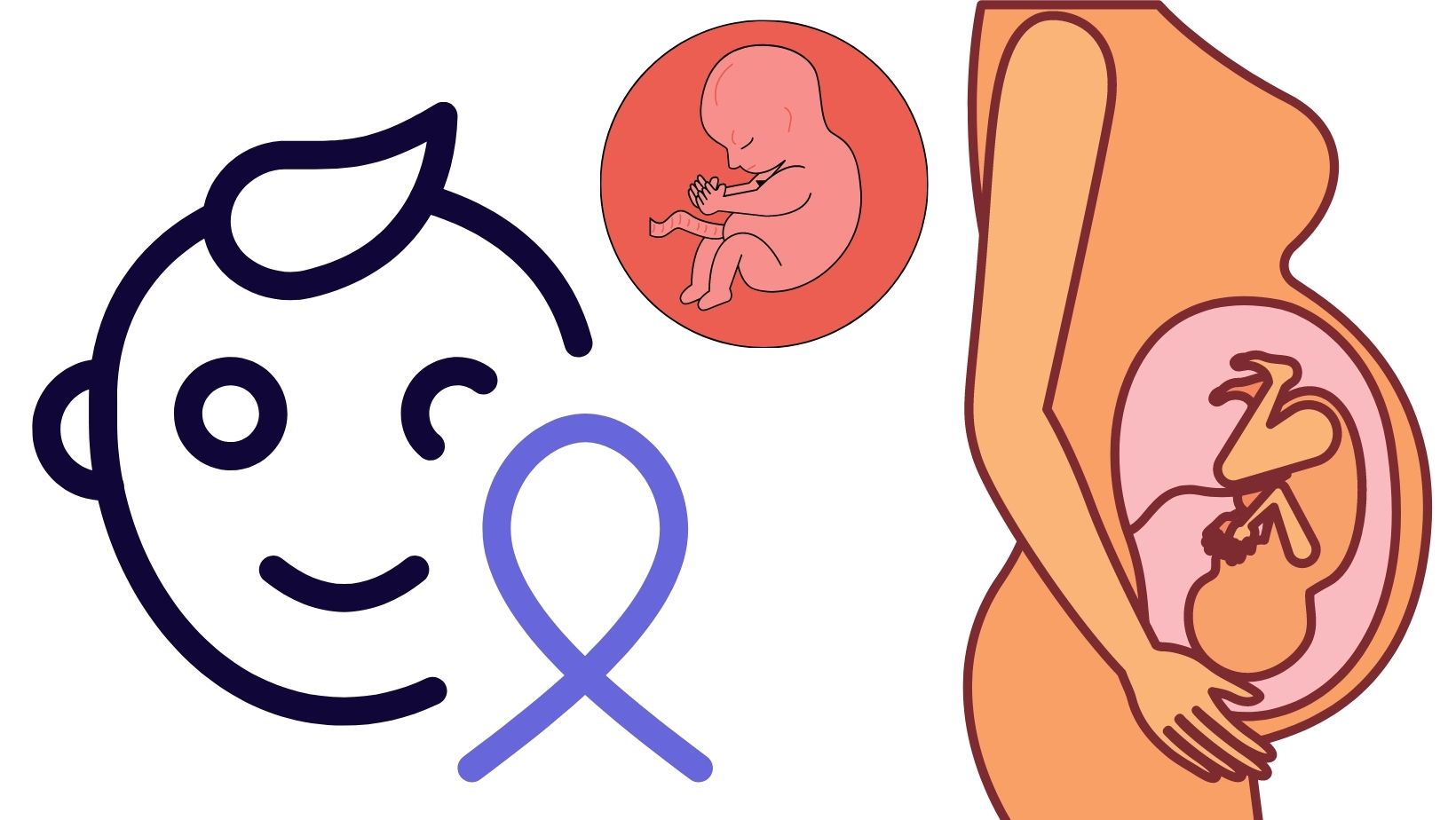
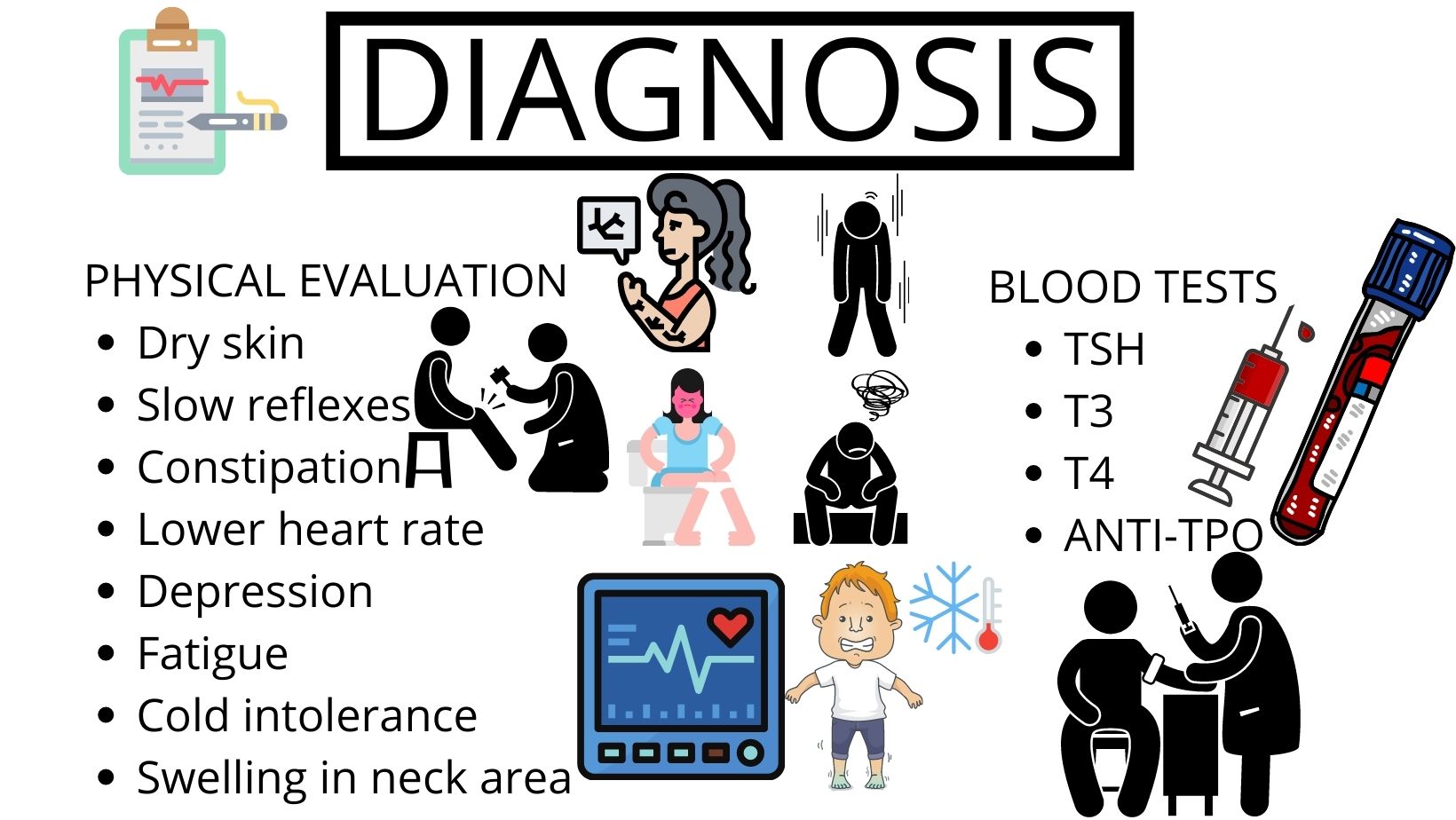
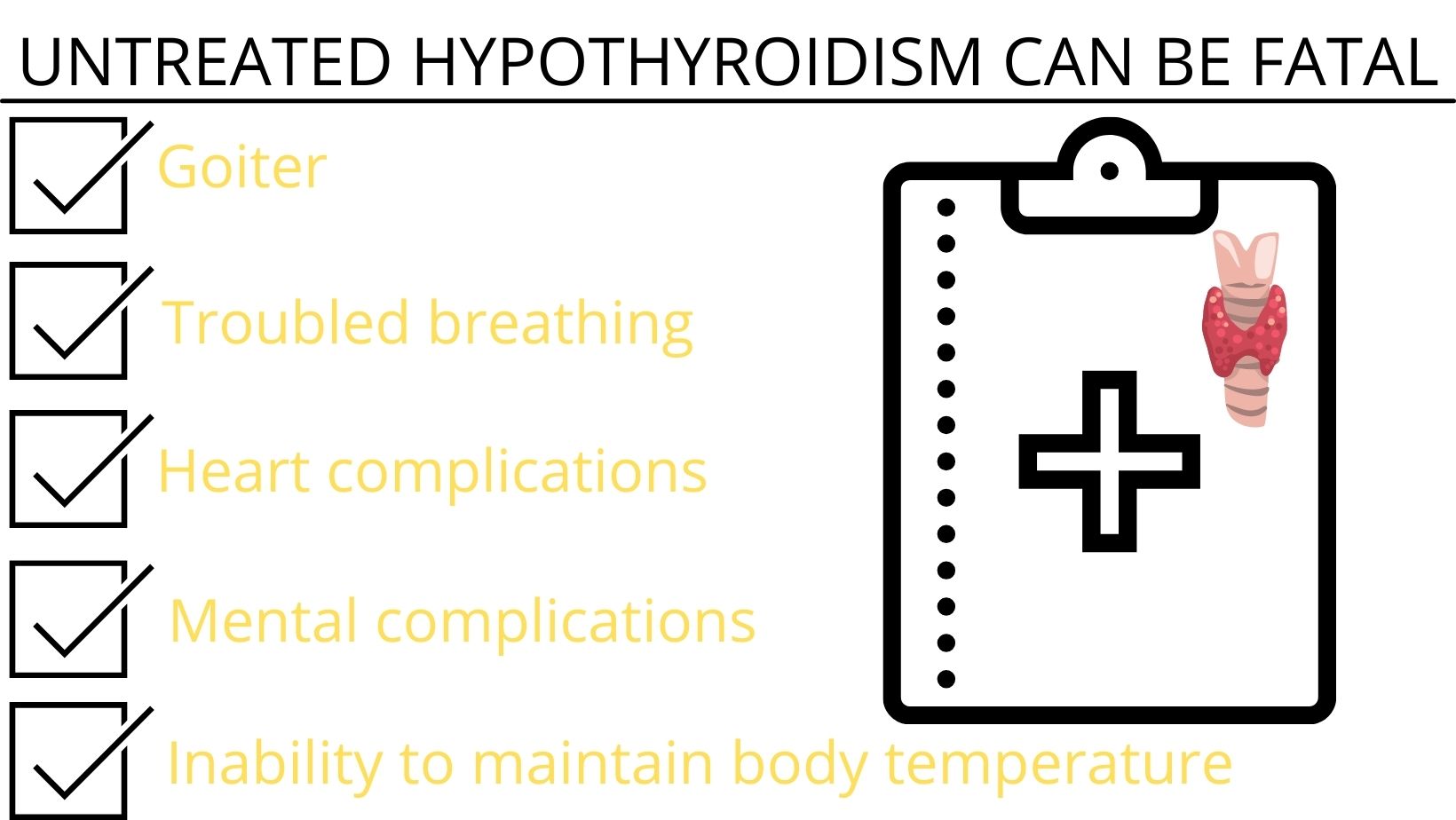
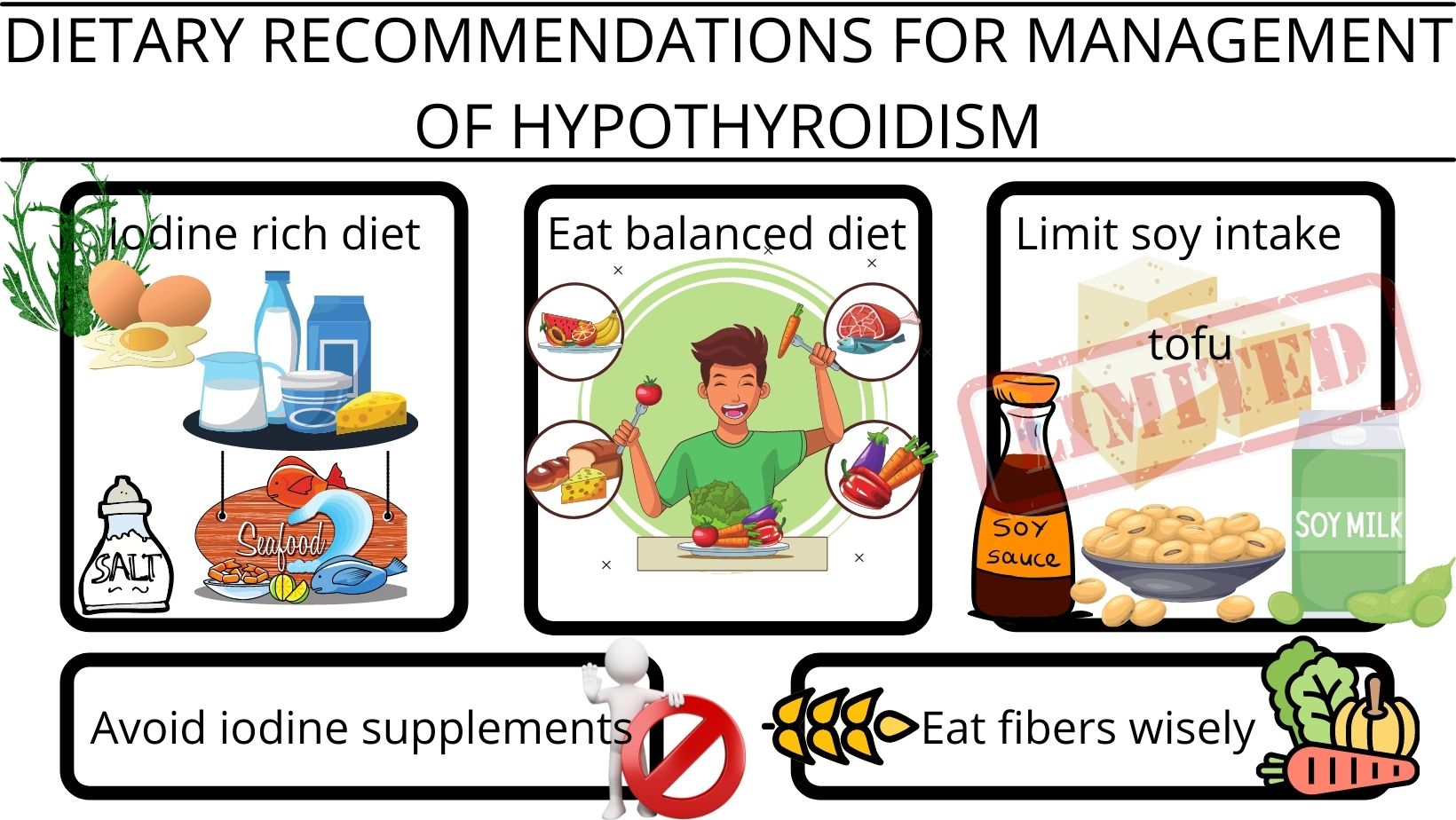
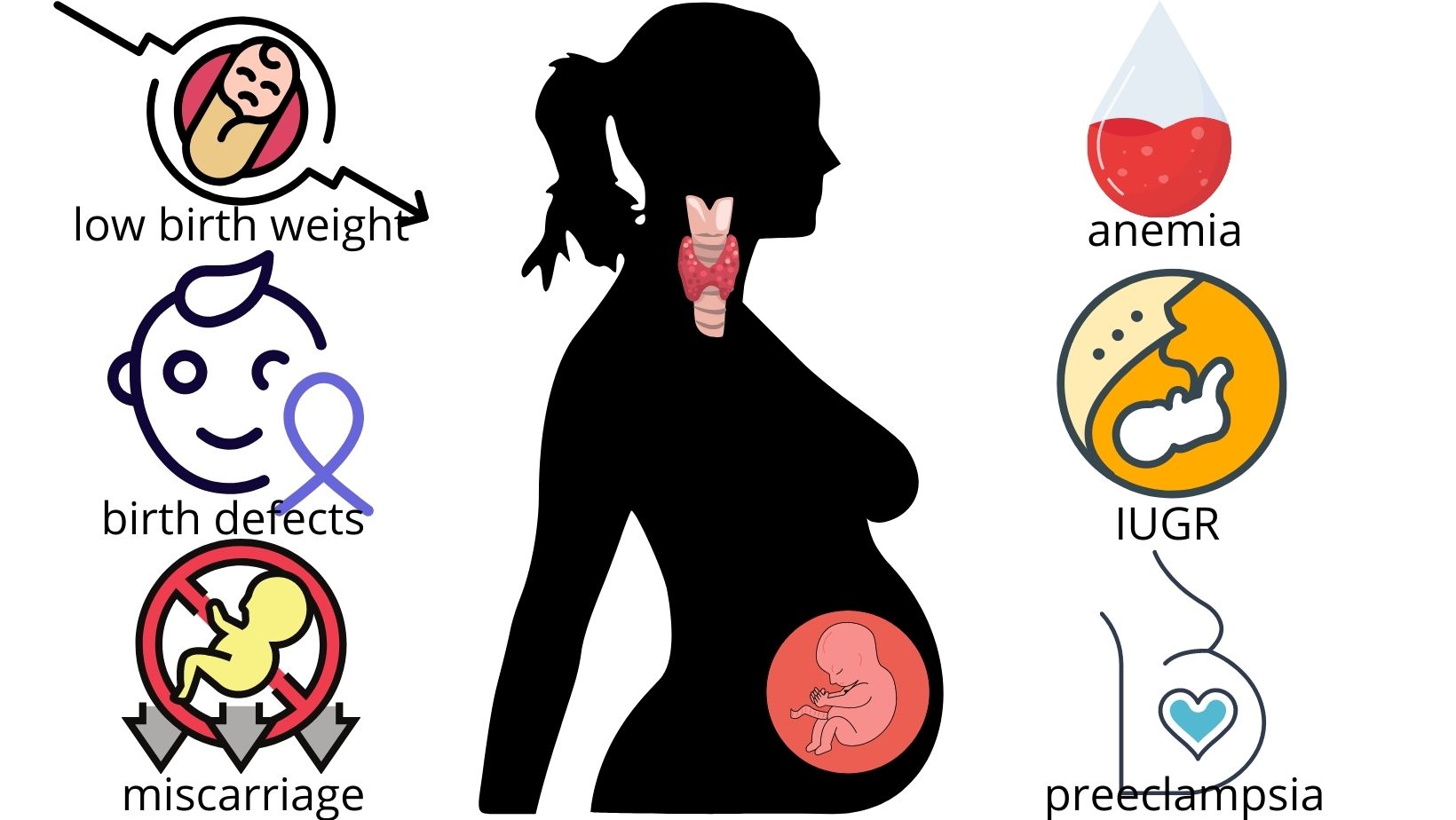
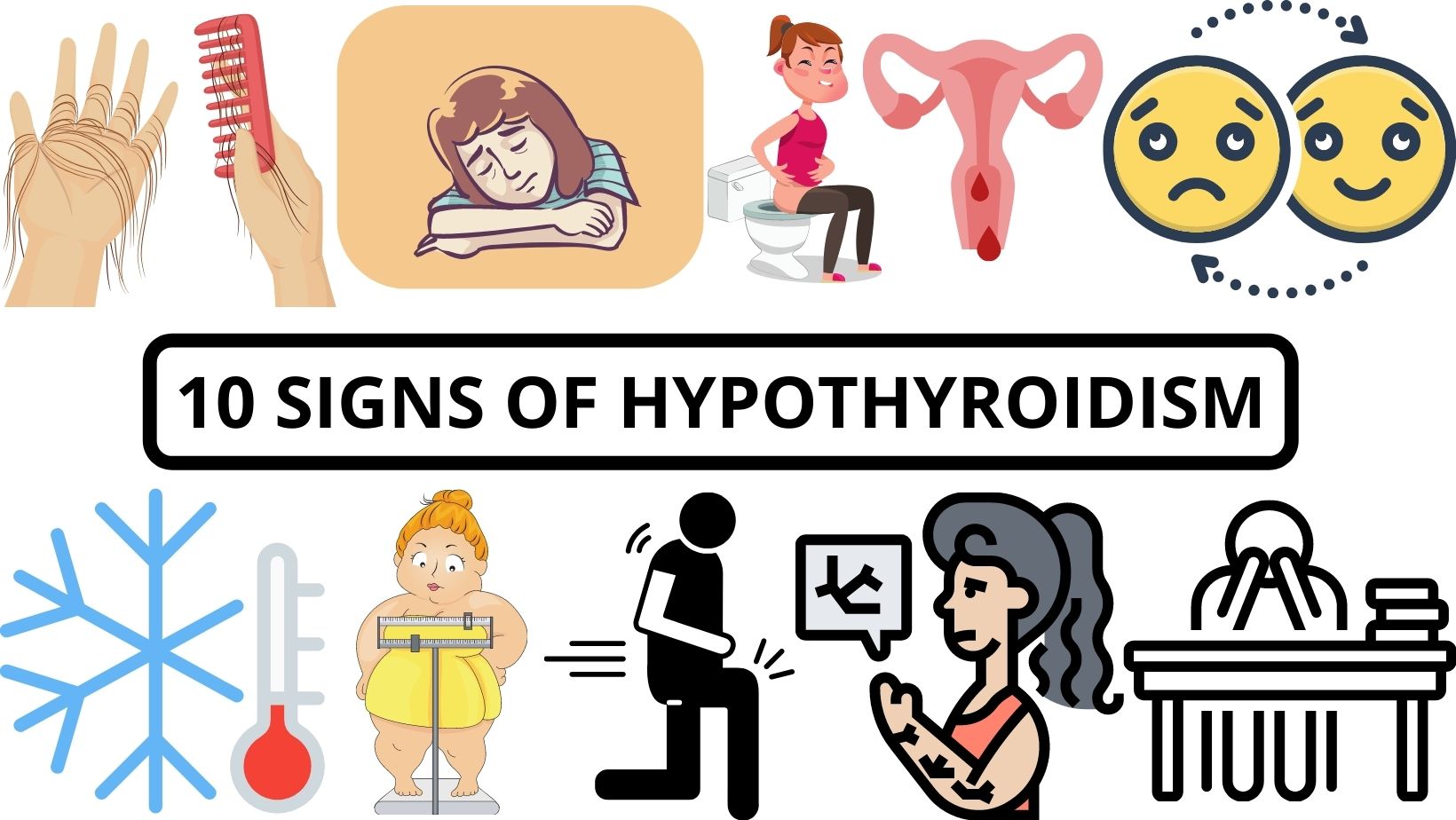
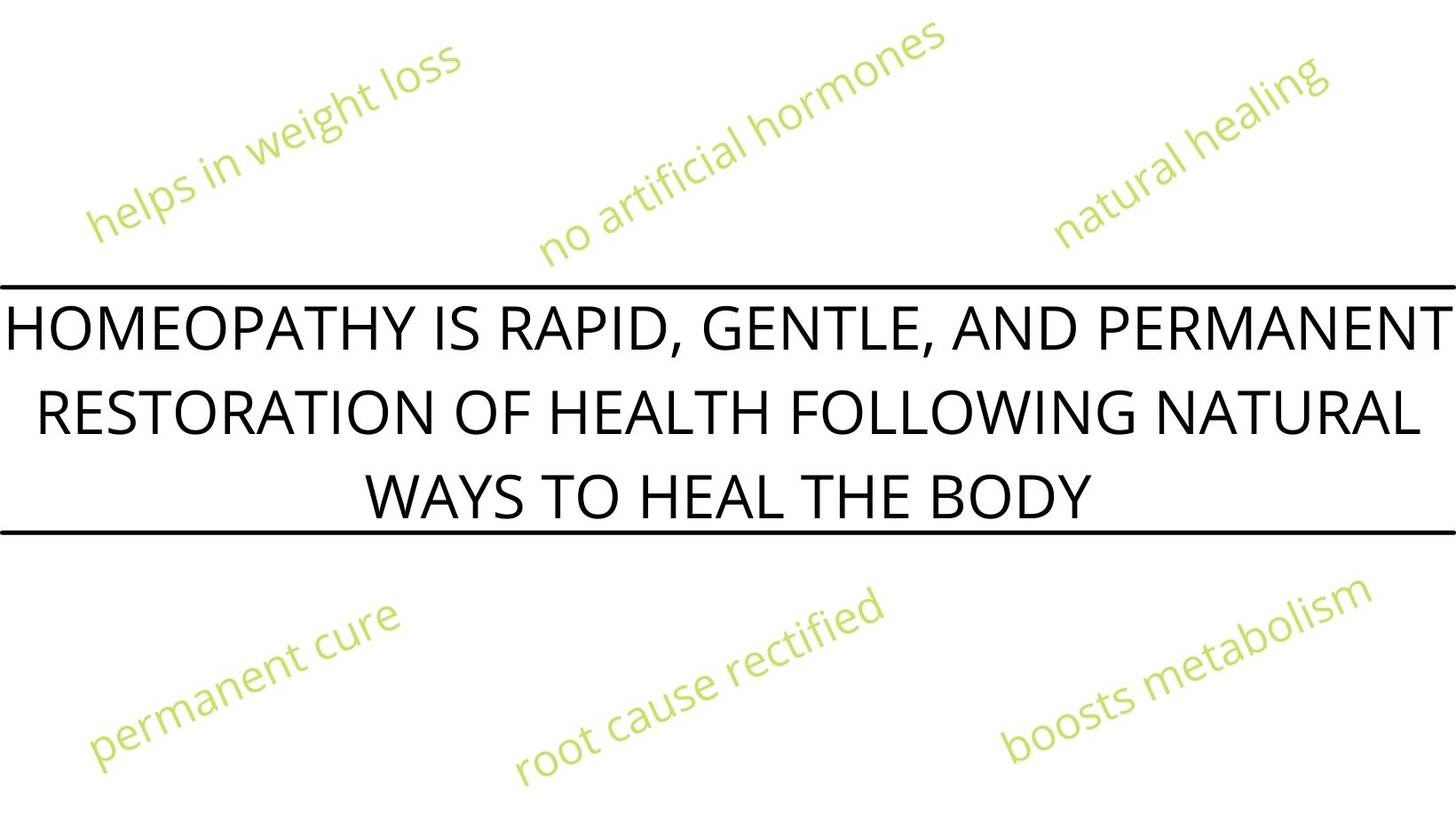
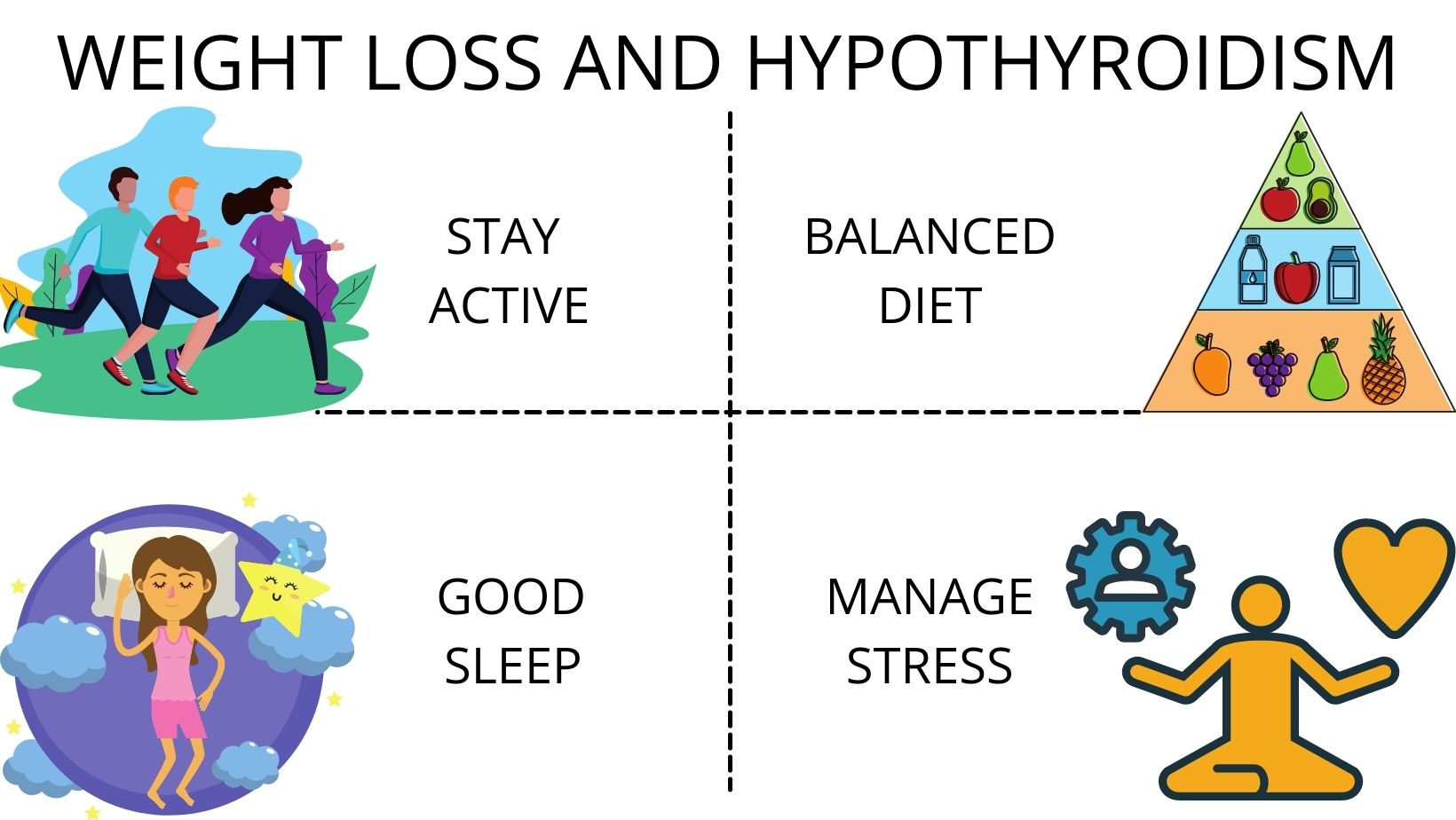
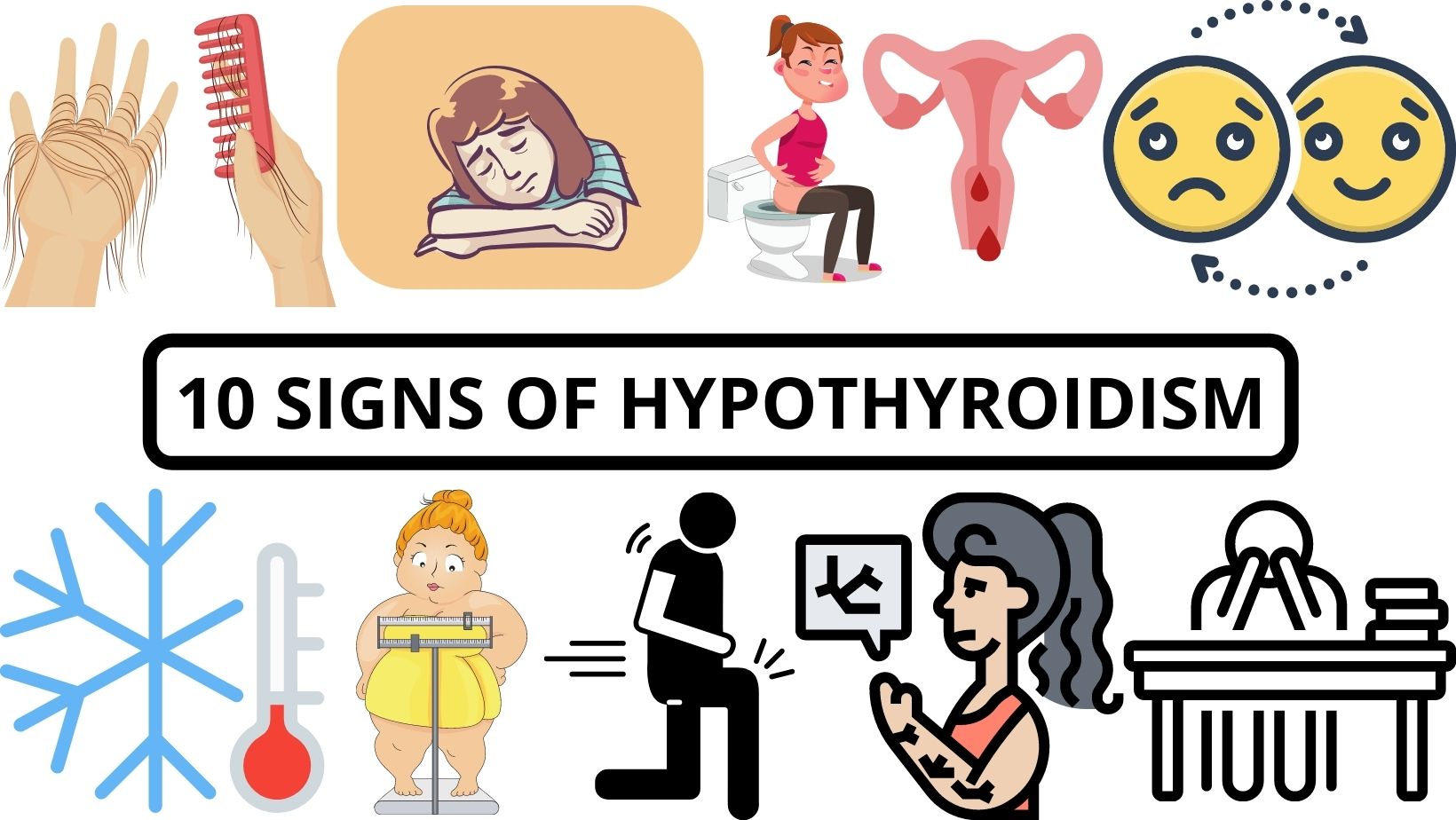
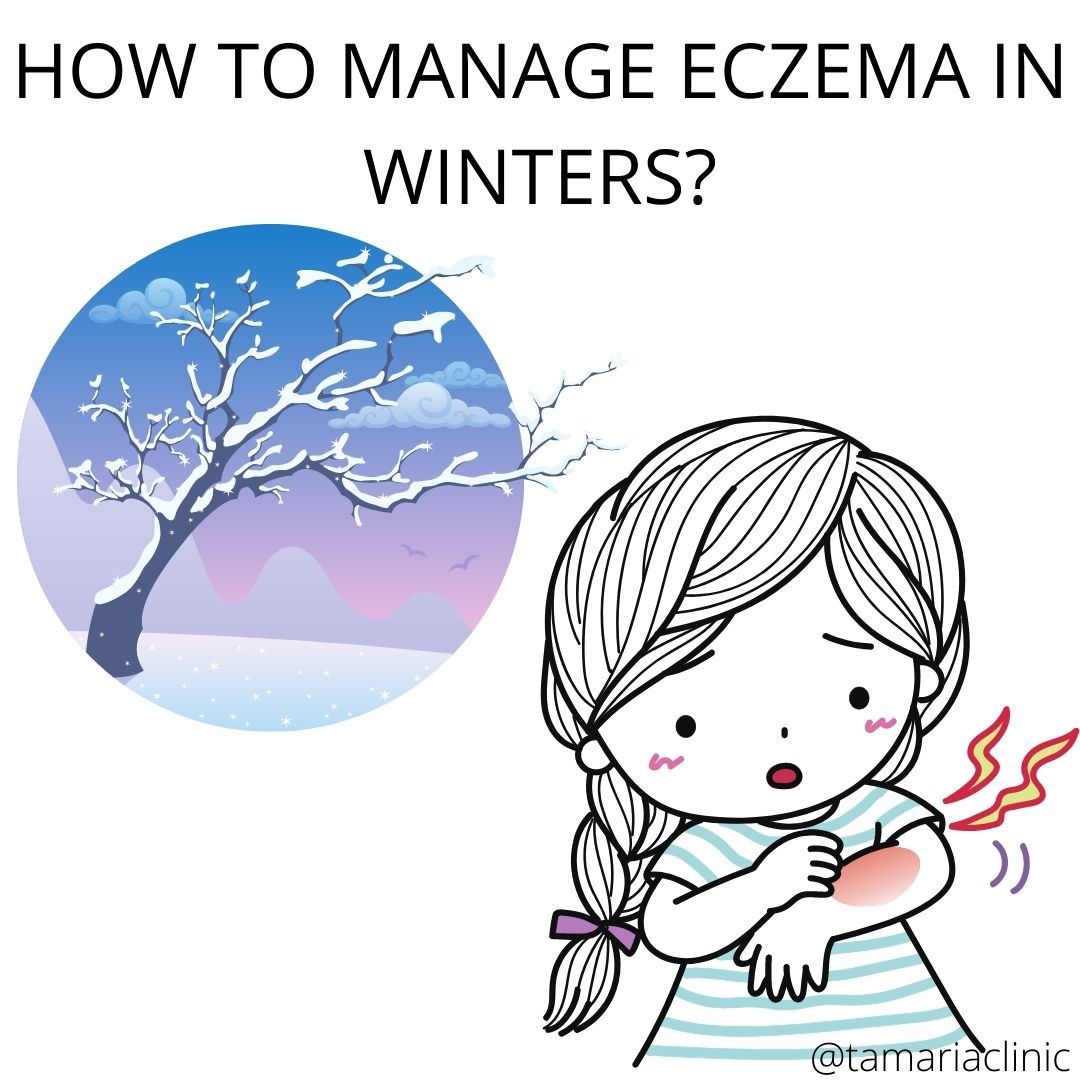
Comments
We have received your comment , Thank You !